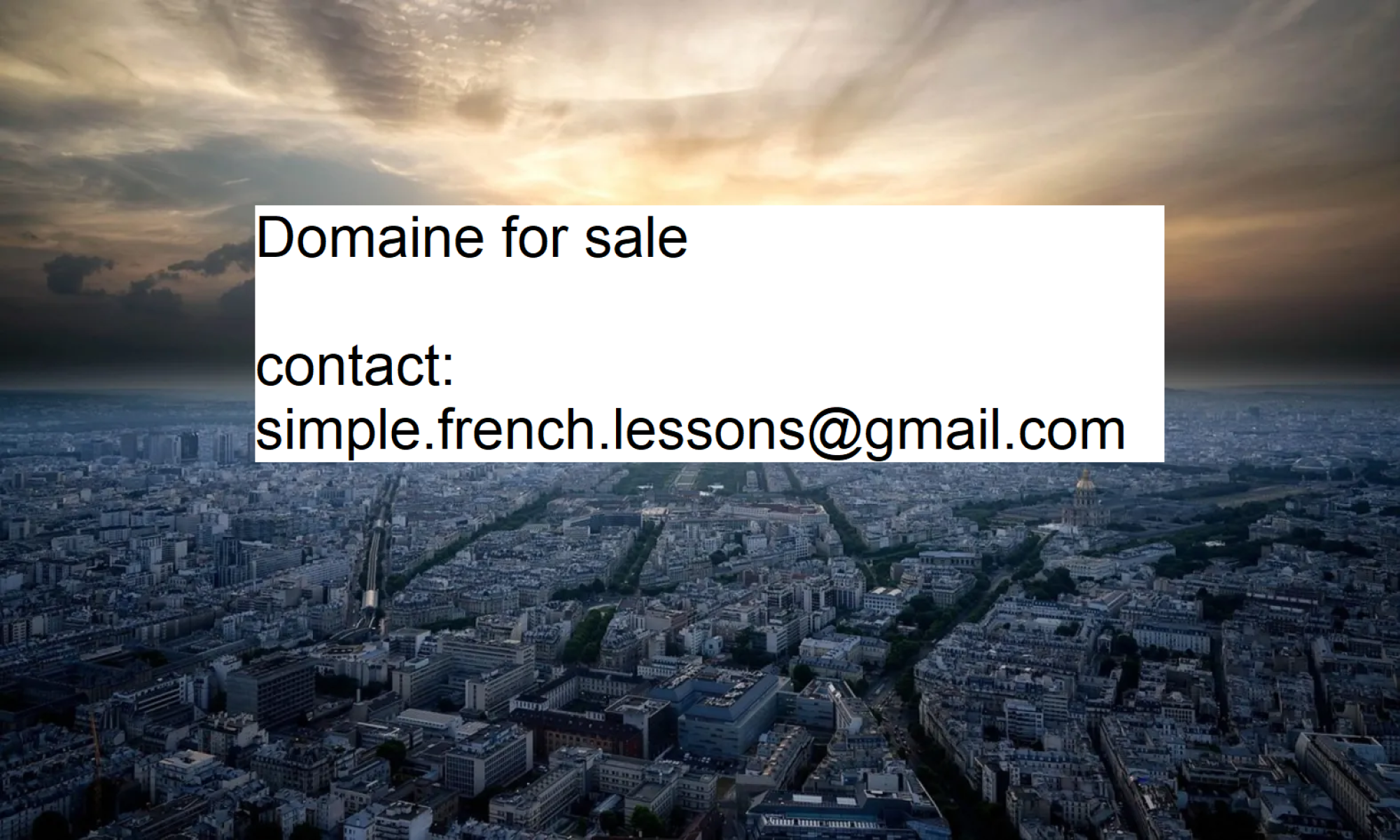Learn what to say in French when you meet people for the first time and how to introduce other people. Look up the words and do the interactive exercise at the end check your knowledge of the vocabulary from the dialogue.
1. Dialogue
Nice to Meet You !
[wp-svg-icons icon=”volume-medium” wrap=”h3″]
Alberto, un garçon italien, va à l’Université où il a cours de français. Sur son chemin il rencontre Marc, un ami français.
Marc: Salut Alberto !
Alberto: Salut Marc ! Comment ça va ?
Marc: Ça va bien. Et toi ?
Alberto: Moi aussi, merci.
Marc: Où est-ce que tu vas ?
Alberto: Je vais à la fac. J’ai un cours de français dans une demi heure.
Marc: Alberto, je te présente Marie. C’est une amie.
Alberto: Enchanté Marie !
Marie: Salut Alberto !
2. Notes
[su_spoiler title=”Vocabulary”]
| French | English |
| aller | to go.
Eg. Il va à l’Université. He goes / is on his way to the University. |
| où | where*
*(see the questions words in French below) |
| (un) cours | course / classes / lessons.
Eg. des cours de français. French lessons. |
| (un) chemin | way / path / track.
Eg. J’ai perdu mon chemin. I’ve lost my way. |
| rencontrer | to meet |
| (un/une) ami | a friend. |
| salut | Hello / Hi. |
| bien | well.
Eg. Tu parles bien français. You speak French well. |
| la fac | the uni. (informal way of saying “the University” in French. It is the short for “la faculté”) |
| présenter quelqu’un (à quelqu’un) | to introduce somebody to somebody.
Eg. Je te présente Anne. Let me introduce you to Anne. |
| C’est | This is / It is.
Ce (it) + est (to be). |
| Enchanté(e) | The word literally means “enchanted” but is used as the English Nice to meet you.
The pronunciation stays the same. |
A. Asking how somebody is:
| Informal (Friendly) | Formal (Polite) |
|
|
[/su_spoiler]
[su_spoiler title=”Grammar”]
Le présent ( Present Tense )
aller = to go. Conjugaison du verb (Verb conjugation)
| Personal pronoun | verb | example |
| je | vais | à la plage. |
| tu | vas | à la maison. |
| il / elle / on | va | faire des courses. |
| nous | allons | en cours. |
| vous | allez | bien ? |
| ils / elles | vont | bien ensemble. |
The basic Question Words in French:
| French | English |
| Qui ? | Who ? |
| Quoi ? / Que ? | What ? |
| Où ? | Where ? |
| Quand ? | When ? |
| Pourquoi ? | Why ? |
| Comment ? | How ? |
[/su_spoiler]
[su_spoiler title=”Phonetics”]
| /ɛ̃/ | italien bien, chien |
| /y/ | salut, une, du |
| /œ/ | heure, beurre, sœur |
Don’t forget about the liaison in French ! Almost always you need to make a liaison when a consonant (d, t, s, z, x, f, n) is followed by a vowel (e, i, o, u)
[wp-svg-icons icon=”arrow-right” wrap=”i”] Je vais_à la fac
| Je vais_à la fac |
[/su_spoiler]
3. Exercises
[su_spoiler title=”Explanation of the exercise”]
[content id=”439″]
[/su_spoiler]
Translate the following sentences
[xyz-ihs snippet=”nice-to-meet-you”]
4. Homework
- Read the dialogue out loud several times (3-5 times). The same goes for the pronunciation exercise.
- Using what you have learnt in lessons 1 and 2, write a short dialogue between Marie and Alberto. Write the possible questions that Marie could ask Alberto and make up the answers for Marie too (her age, nationality, where she is going).



You must log in to post a comment.